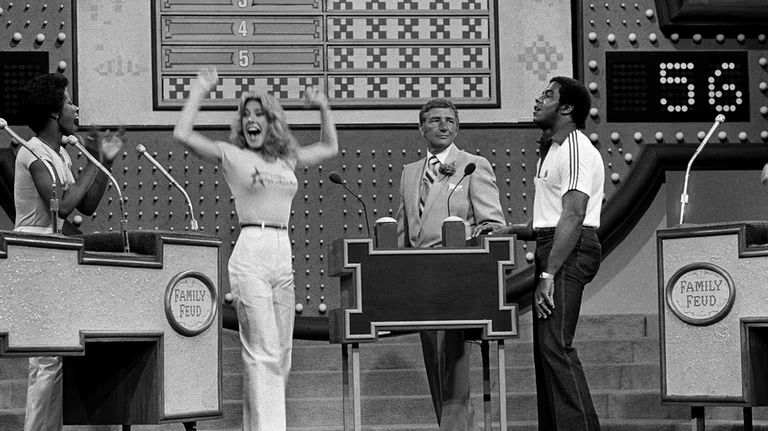ranchosantafenow.net – Wheel of Fortune, a staple in American television since its debut in 1975, has become a cultural phenomenon, captivating audiences across generations. Created by Merv Griffin, the game show combines elements of word puzzle solving with the thrill of a spinning wheel, making it a unique and engaging viewing experience. Over the years, Wheel of Fortune has evolved, yet it has managed to retain its core appeal, making it one of the longest-running game shows in television history.
The Gameplay of Wheel of Fortune
At the heart of Wheel of Fortune is its simple yet addictive gameplay. Contestants spin the iconic wheel to determine their prize amount and then choose a letter in the puzzle. If the letter is present in the puzzle, the contestant wins the amount indicated on the wheel for each instance of the letter. However, if the letter is not in the puzzle, the contestant loses their turn. The game continues until a contestant solves the puzzle, advancing them to the next round.
The Role of the Wheel
The wheel itself is a central element of the show, featuring various cash amounts, prizes, and penalties. Landing on a cash amount allows the contestant to continue playing, while special wedges like “Lose a Turn” or “Bankrupt” add an element of risk and excitement. The wheel’s design and the potential outcomes associated with each segment contribute to the game’s unpredictability and keep viewers on the edge of their seats.
The Impact of Wheel of Fortune
Wheel of Fortune has had a significant impact on both television and popular culture. Its success has led to numerous spin-offs, including a junior version and a syndicated nighttime edition, further cementing its place in the hearts of viewers. The show has also been a platform for charitable giving, with special episodes dedicated to raising funds for various causes.
Cultural Influence
Beyond its television presence, Wheel of Fortune has influenced language and pop culture. Phrases like “I’d like to buy a vowel” and “Final spin” have become part of the vernacular, reflecting the show’s deep integration into American life. The show’s longevity and popularity have also made its hosts, Pat Sajak and Vanna White, household names, celebrated for their on-screen chemistry and charisma.
Conclusion
Wheel of Fortune’s enduring appeal lies in its ability to blend simple gameplay with high stakes, creating an engaging and entertaining experience for both contestants and viewers. Its success over the decades is a testament to its universal appeal and its role as a cultural touchstone. As Wheel of Fortune continues to evolve, it remains a beloved fixture in the landscape of game shows, inviting new generations to spin the wheel and solve the puzzle.
